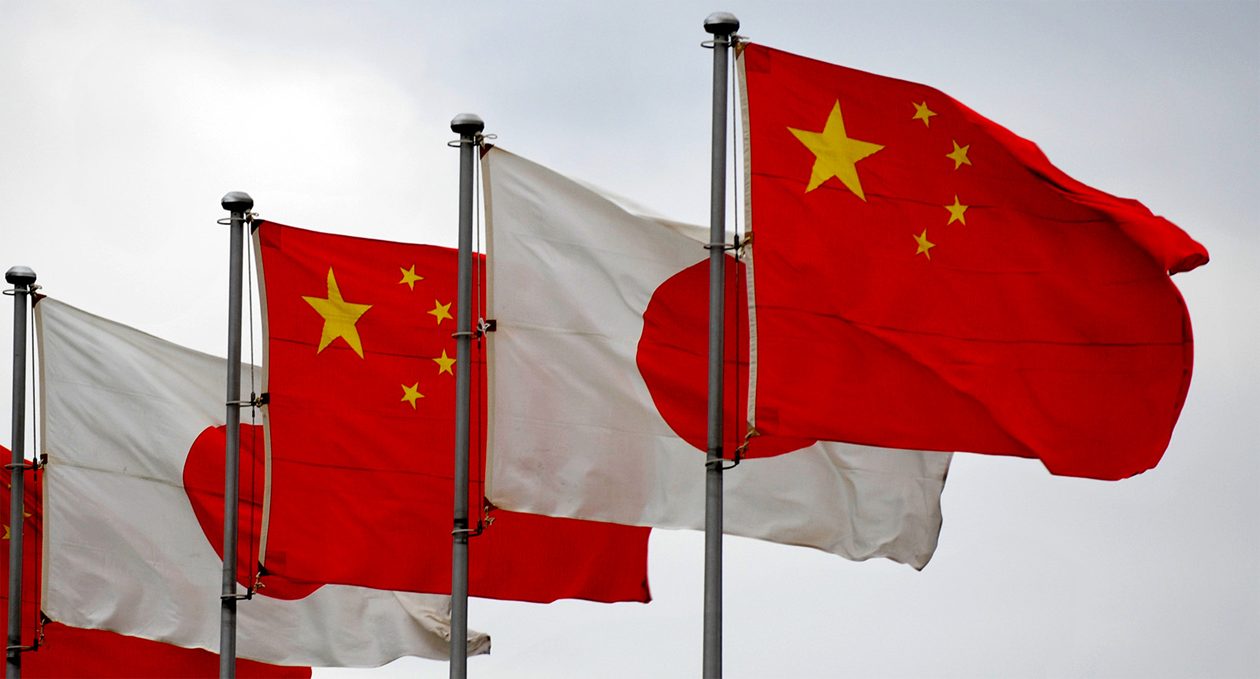Leftist millennial Gabriel Boric, that vowed to reform pensions for the poor, is elected president of Chile.
Leftist lawmaker Gabriel Boric, 35, on Sunday became Chile’s youngest-ever president on promises of installing a “welfare state” in one of the world’s most unequal countries. The former student activist only just met the required minimum age to run in the presidential race, seven years after being elected to his first political job as a member of Chile’s Chamber of Deputies. On Sunday, he prevailed over far-right rival Jose Antonio Kast, an ultra-conservative lawyer who had promised to cut taxes and...










